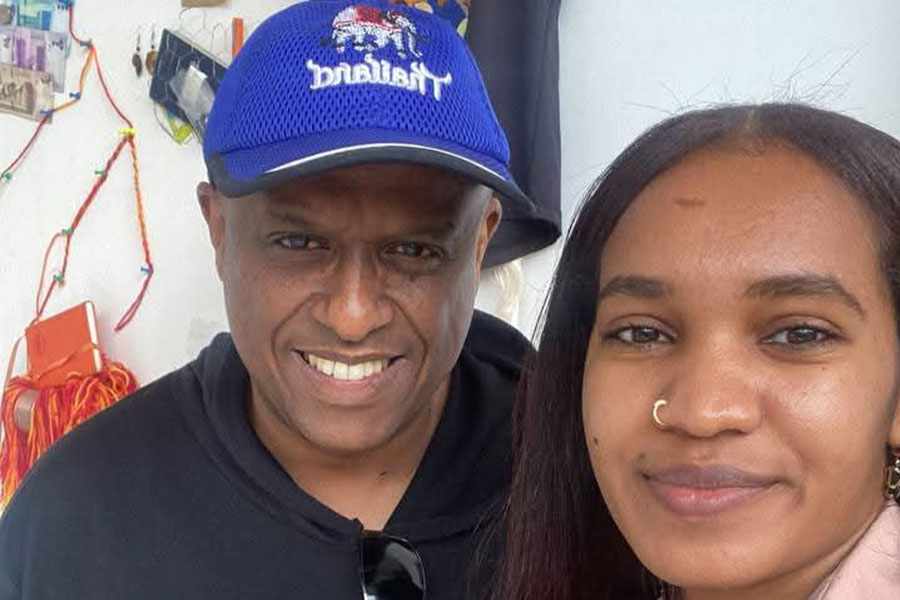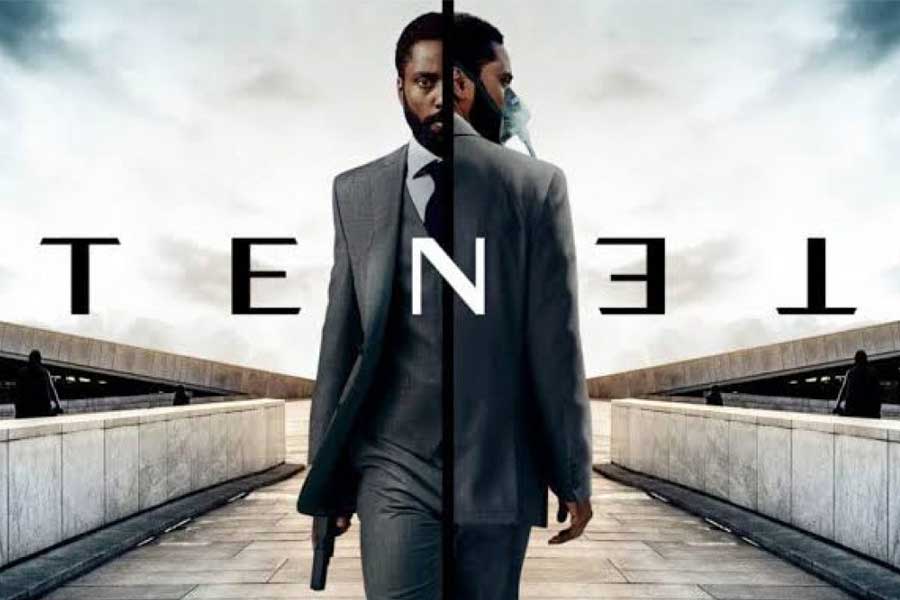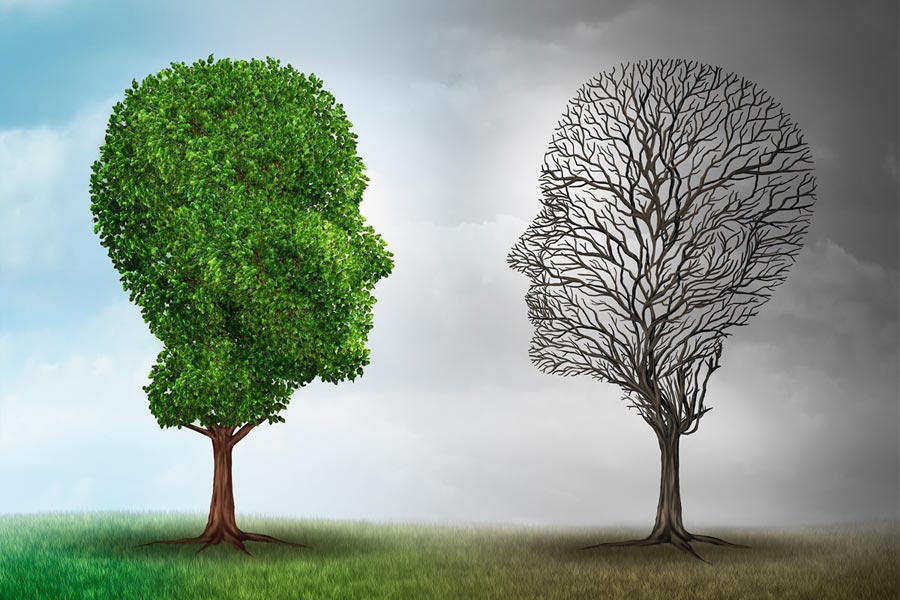
Fortune News | Jan 14,2023
Oct 12 , 2019
By Tsion Fisseha
I had the chance to watch the Oscar-nominated Ethiopian movie a couple of days ago. In the interest of the people that have not had the chance to watch it yet, I will refrain from going into details. Instead, I will delve into the reason that made me want to write this article. While the filming and editing techniques of this particular movie impressed me and both my friends who went with me, the rhetoric that was passed on from the plot of the movie devastated us beyond repair, for a lack of better terms.
Art is almost always left to interpretations. Movies do fall under the category of art. So, the interpretations might vary. The rhetoric I understood from the movie was the following: the white saviour ideology is bleak but very much alive in the Africa we know and love, and most importantly in the country we know and love. And only when we see this lent hand can we learn to extend helping hands too.
This rhetoric can be seen in two different perspectives. The first understanding of the white saviour concept is the true meaning of it, which refers to a white person who acts to help non-white people, with the help in some contexts perceived to be self-serving. Also known as the messiah complex, it can also be understood as a state of mind in which an individual holds a belief that they are destined to become a saviour. The term can also refer to a state of mind in which an individual believes that he or she is responsible for saving or assisting others.
The flip side of the coin of the concept can be understood as people grow up believing that he or she needs a saviour, because they are unable to get what they want when they want it. This is a concept that I tried to analyse in my last article with regard to the embedded core belief that patriarchy leads women to believe they need to be helped by the male saviour in the pursuit of finding equality even though we consistently and actively fight the system.
Both understandings of the same concept carry an unhealthy outlook on life: one being the saviour who always comes for the rescue; and the other being the subject, which is always reaching toward the hand that feeds it.
The movie also sheds light on the Ethiopian hospitality myth, which seems to have died way before any of us were born, in which Ethiopians are welcoming and giving, that they are people with pure hearts and pure intentions.
And more devastating than this, we have gone so far away from our true selves and hospitable selves that a foreigner noticed it and decided to make a movie out of it.
We are a country of generations of people living as one. We are a country where no one was left hungry and surely no one ate alone. We are a country where the love and respect for one another kept us close. But most importantly, right now we are not this picture of light and hope. And it took a movie by a white saviour to make me realise that we need to bring this ideal country back to where it once was -- a country that held hands with one another as opposed to cutting off limbs. Let us fall back under the rhetoric that has been spread.
The age-old liberty song by John Dickson ties my whole article together. “United we will win, divided we will fall.”
PUBLISHED ON
Oct 12,2019 [ VOL
20 , NO
1015]


Fortune News | Jan 14,2023

Viewpoints | May 25,2019

Sunday with Eden | Oct 12,2024

Sunday with Eden | Dec 11,2020


Sunday with Eden | May 25,2024

View From Arada | May 31,2025

Sunday with Eden | Mar 23,2024

Films Review | Dec 26,2020


My Opinion | 131546 Views | Aug 14,2021

My Opinion | 127902 Views | Aug 21,2021

My Opinion | 125878 Views | Sep 10,2021

My Opinion | 123507 Views | Aug 07,2021

Dec 22 , 2024 . By TIZITA SHEWAFERAW
Charged with transforming colossal state-owned enterprises into modern and competitiv...

Aug 18 , 2024 . By AKSAH ITALO
Although predictable Yonas Zerihun's job in the ride-hailing service is not immune to...

Jul 28 , 2024 . By TIZITA SHEWAFERAW
Unhabitual, perhaps too many, Samuel Gebreyohannes, 38, used to occasionally enjoy a couple of beers at breakfast. However, he recently swit...

Jul 13 , 2024 . By AKSAH ITALO
Investors who rely on tractors, trucks, and field vehicles for commuting, transporting commodities, and f...

Jun 28 , 2025
Meseret Damtie, the assertive auditor general, has never been shy about naming names...

Jun 21 , 2025
A well-worn adage says, “Budget is not destiny, but it is direction.” Examining t...

Jun 14 , 2025
Yet again, the Horn of Africa is bracing for trouble. A region already frayed by wars...

Jun 7 , 2025
Few promises shine brighter in Addis Abeba than the pledge of a roof for every family...

Jun 29 , 2025
Addis Abeba's first rains have coincided with a sweeping rise in private school tuition, prompting the city's education...

Jun 29 , 2025 . By BEZAWIT HULUAGER
Central Bank Governor Mamo Mihretu claimed a bold reconfiguration of monetary policy...

Jun 29 , 2025 . By BEZAWIT HULUAGER
The federal government is betting on a sweeping overhaul of the driver licensing regi...

Jun 29 , 2025 . By NAHOM AYELE
Gadaa Bank has listed 1.2 million shares on the Ethiopian Securities Exchange (ESX),...